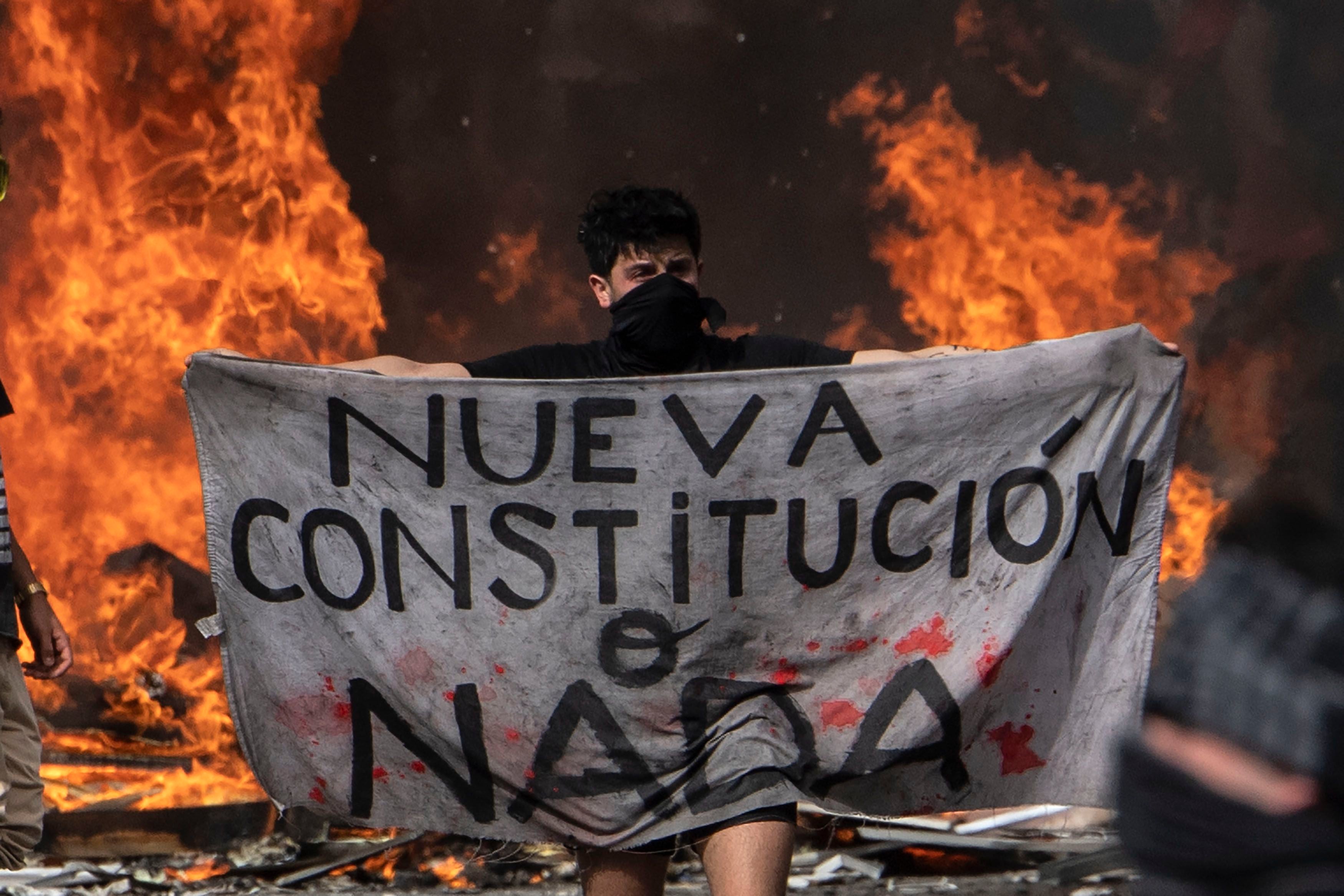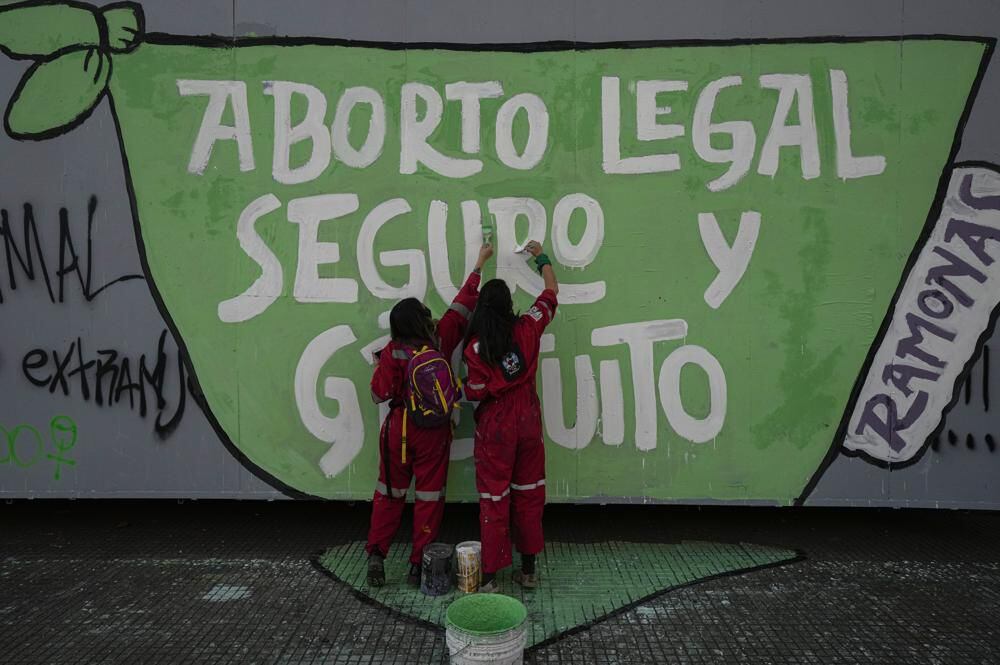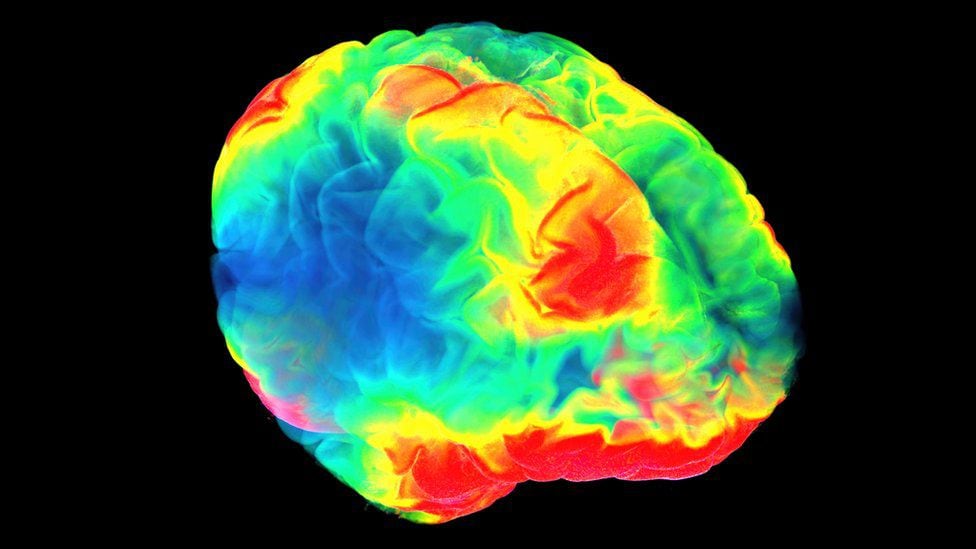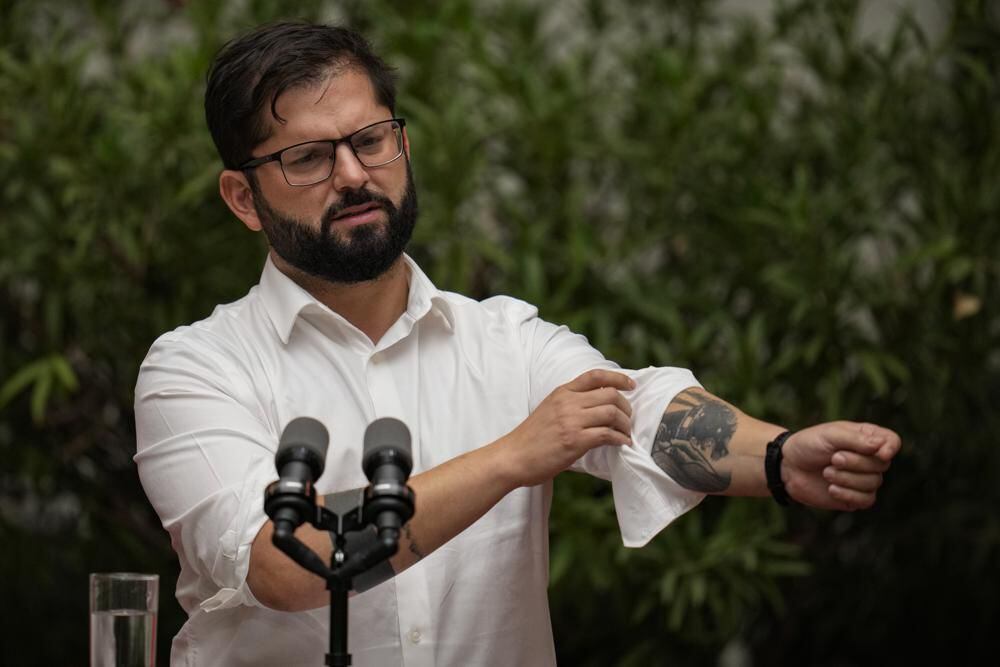In October 2020, the Chileans They went to the polls to decide to change the destiny of their country, but not only at the level of management or political tendency, but also at the structural level, in substance. That time, 78% of the population approved the drafting of a new Constitution, which would replace the Magna Carta inherited from the Pinochet dictatorship.
The new document was the massive claim of the social outbreak of 2019, when thousands of Chileans took to the streets for months to complain about inequality and lack of opportunities in a society they considered discriminatory and a faithful reflection of the economic and political model that He left Pinochetism.
- Boric sends to Congress Chile’s adherence to the Escazú regional environmental agreement
- ‘Ley No Chat’ in Chile: what is it about, what are the sanctions and since when has it been in force?
- Chile extends the militarization of its northern border due to the high migratory flow
As expected, the road to the new Constitution it’s not being easy. Changing the rules of the game and trying to reach agreements on which aspects to modify and which to keep is proving to be a winding and rocky road.
The Constitutional Convention Since last year, it has been in charge of discussing which articles should be included in the new document. This organization, something also unprecedented in Chilean history, was the product of another vote and most of its members came from civil groups that were part of the 2019 protest, as well as some academics and constitutionalists.
However, criticism of the assembly members – most of them leftist – has been growing over the months, not only because of the disorder in the process but because many of the proposals are being very radical.
SIGHT: Will Boric be able to calm the expectations of the Chileans? The enormous challenges that await the new government
“In the convention there are quite extreme groups on the right and left that have been making it difficult to work. Those on the right do not have much capacity to influence because they are a minority, but those on the left do and some are very maximalist”Chilean political scientist Isabel Castillo, a researcher at the School of Government of the Catholic University and the COES (Center for the Study of Conflict and Social Cohesion), told El Comercio.
Although the most extreme proposals have not been approved, there are many others that are still in the pipeline.
“There has been a lot of criticism of the process, because it has been difficult to reach an agreement, and many conventionalists have pointed out that the term is very short and there is not enough time for dialogue”explains Castillo, who is also a member of the Political Scientists Network.
The body must deliver the draft of the new Constitution so that later the president Gabriel Boric call the exit plebiscite so that Chileans can finally decide if this will be their new legal document that governs the country.

controversial proposals
Some of the most controversial proposals under discussion are the nationalization of mining companies, the creation of a plurinational Congress, the elimination of the Senate, attenuated presidentialism, the suppression of the three powers of the State, the revision of all free trade agreements, the validity of the justice of indigenous peoples, the creation of territorial assemblies or the participation in politics of social groups.
The process is not that simple. The proposed standards -some 1,275- must first be approved in the commissions and then pass the vote on each item, and then go to the plenary session of the Convention, where they must receive the approval of two thirds of the 154 constituents (there were 155 but one resigned for having pretended to have cancer).
One of the first articles approved was to recognize the coexistence of indigenous courts alongside traditional justice systems.
Another that is already part of the draft of the constitutional text is the norm that allows abortion, a claim of feminist groups.

However, there are many others that have not seen the light, especially due to the complexity of the dialogue and errors in the process. This was what happened this Friday, when the Political System Commission voted on the design of the future Legislative and Judicial Branches, as well as the electoral and party system. Some proposals even did not have votes, something unprecedented in these months of work of the convention.
Thus, the creation of a Territorial Chamber that would replace the Senate, the creation of a joint vice-presidency or the proposal that social groups be considered as political organizations were rejected.
What was approved was the article that states that this in addition to consecrating that the original peoples “have the right to autonomy and self-government.”
SIGHT: Who are the ministers that make up Gabriel Boric’s first cabinet in Chile? | INTERACTIVE
Polarization in sight
Since the social outbreak of 2019, the perception of Chileans has been changing. The unusual vote that the far-right had Jose Antonio Kast in the last elections was a sign that not everyone in the country wants radical changes in social or economic terms.
And this has also been reflected in the polls on the future of the new Constitution. A recent Cadem survey, for example, shows that ‘, 12 points less than in January; while the ‘reject’ option rose four points and stood at 37%.
“For the right, the main rival is not Gabriel Boric but the new Constitution. They want to maintain the ‘status quo’ and are going to target the Constitutional Convention, which is also being very populist in terms of trying to change the institutions and the balance of power. The convention is trying to make Chilean political institutions more representative, with greater citizen participation, but without calculating very well what that type of representation would be like”points out from Chile the Peruvian political scientist Carlos Meléndez, a professor at the Diego Portales University.

“This being the case, the right can recover ground precisely because of the discredit of the convention”, he adds.
For this reason, as happened in the second round, few doubt that the campaign for the plebiscite will once again divide Chileans, among those who did not vote for borik and they fearfully see what a new Constitution would mean, and those who look forward to change and ending Pinochet’s legacy.
For this reason, the overwhelming figure of 78% left by the 2020 entry plebiscite would not be repeated.
“In general, all plebiscites tend to polarize because there are only two options. I think it is possible to think of a result more or less similar to the one left by the second round between Boric and Kast, which was 55%-45%, that is, much more adjusted to the entry plebiscite”Castle explains.
“By having a Constitution as conservative as the current one, then any change is a bit radical”he adds. “But without a doubt, the Constitution that is being drafted will be at the forefront on several issues, especially in terms of gender. We must bear in mind that society has changed quite a bit and we cannot yet say in which aspects the majority is for or against”he adds.
What if it is not approved?
Although the margins have narrowed between approval and rejection, the new government of Gabriel Boric He fully trusts that there will be a new Constitution, because that will help him undertake the reforms he promised in the campaign. “The president is going to do everything possible to push the Constitution forward, but he is also going to try to avoid too much populism at the convention.”Melendez explains.
Yes OK borik it cannot interfere in the constitutional process because it would incur in usurpation of functions, it can influence so that some of the members of the convention move away from radicalism.

An example occurred, as the newspaper “El País” recalls, when a constituent close to the president, Constanza Schonhaut, voted against replacing the three powers of the State with a “plurinational assembly of workers and peoples” and received her support.
“Boric is going to support policies and constitutional articles that are favorable on issues of the environment, minorities and the empowerment of women; but on issues of managing the economy, of market policies, she is not going to be as radical as her electorate would expect”, Melendez adds.
Castillo explains that there are different reasons why some groups oppose the new Constitution: “There are the most valuable issues, such as the issue of abortion or plurinationality. I believe that it is very possible that a campaign like the one carried out by the current government will be carried out, representing something more hopeful, that a certain epic will be generated, this new relationship between the State and the citizens and with the indigenous peoples, in addition to the issues of genre; while on the side of the conservative right there will be one more campaign of fear and of appealing to this mythical past of stability”.
The political scientist also points out that concerns about the political or legal system are rather technical and that they will not be relevant at the time of the vote. “Citizenship priorities have more to do with social issues, how to improve health, education and pensions. And that those things are going to be more important when it comes to defining the vote.”
Although there are still a few months to go before we know what the new text that proposes a new era for Chile will be like, everyone is waiting to know what will be the fate of the former model country of neoliberalism and that now seeks to be at the forefront of social rights.
- Putin says Western sanctions are like a ‘declaration of war’
- Ukraine shows on social networks the missile attack on a helicopter: “This is how the Russian occupiers die!” | VIDEO
- Visa and Mastercard suspend operations in Russia due to the invasion of Ukraine
- The strange act of Vladimir Putin between jokes, flowers and stewardesses in full offensive in Ukraine
- British journalists recorded the moment they were fired upon by Russian troops in Ukraine
- War correspondent in Ukraine: “No one imagined that this would happen with such brutality”
Source: Elcomercio

:quality(75)/cloudfront-us-east-1.images.arcpublishing.com/elcomercio/B6CZOMVXRJH5THCQOQDHL7PPBE.jpeg)

:quality(75)/cloudfront-us-east-1.images.arcpublishing.com/elcomercio/CDRPSZCPSVDKZERBUIIRXQHWCM.png)
:quality(75)/cloudfront-us-east-1.images.arcpublishing.com/elcomercio/R4OZQWG36FFDNAIBRMRERYUAJY.jpg)

:quality(75)/cloudfront-us-east-1.images.arcpublishing.com/elcomercio/W2NDMTZ2MBCD3N3ZQLUCM2EEVA.jpg)
